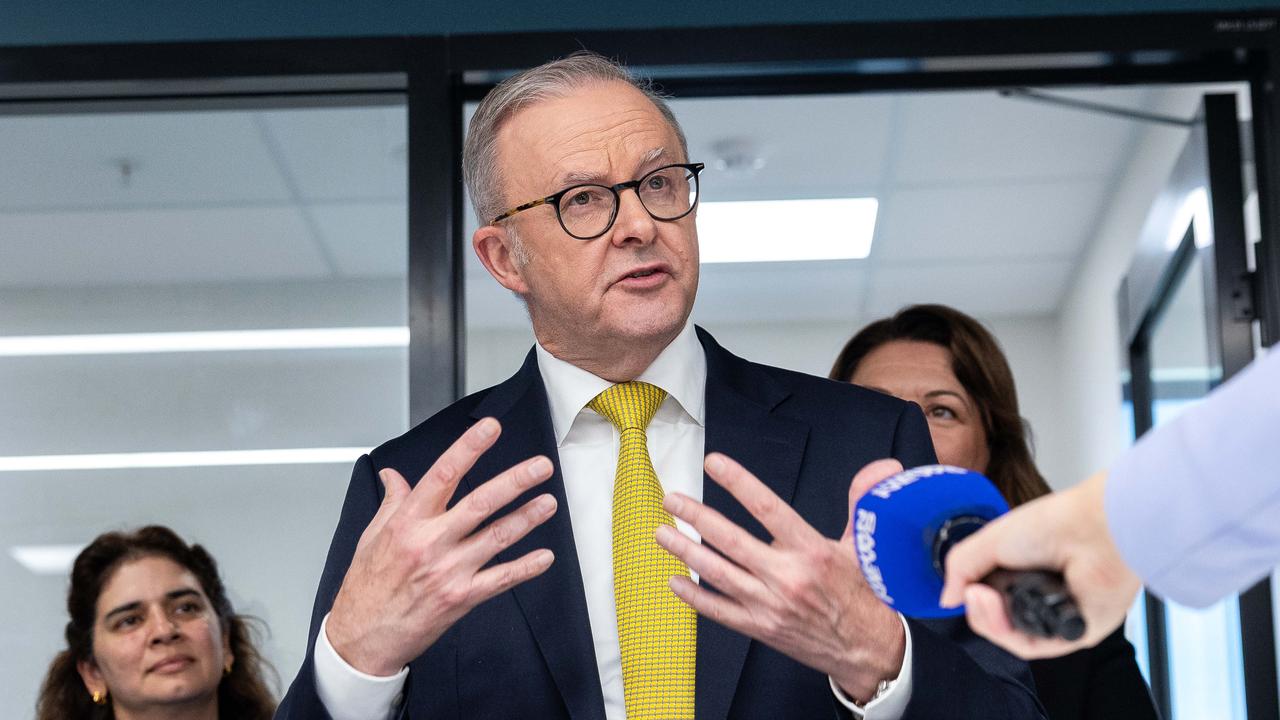Peta Credlin: Albanese government to force Future Fund to invest in Labor’s ‘national priorities’
The Albanese government’s decision to use our Future Fund for investments in its own political priorities is effectively stealing from taxpayers, writes Peta Credlin.
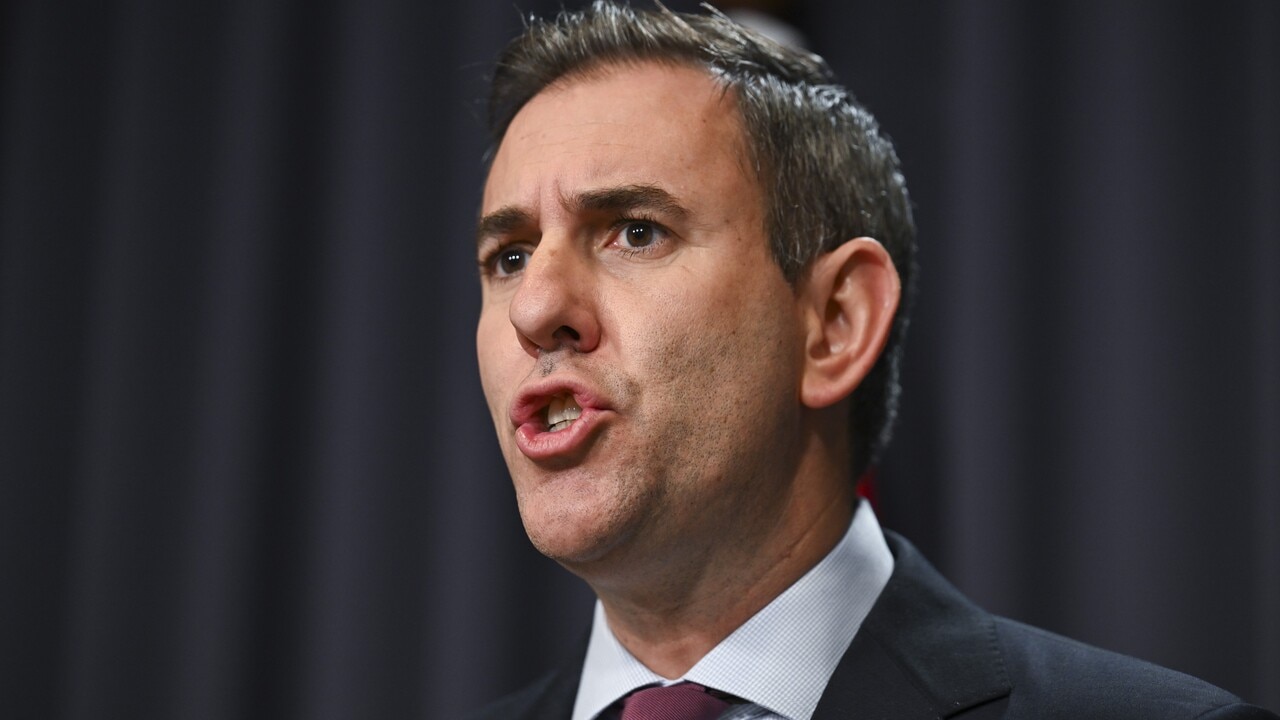
Peta Credlin
Don't miss out on the headlines from Peta Credlin. Followed categories will be added to My News.
Just when you thought the Albanese government could not get any worse, it does.
Last week’s move to turn the Future Fund into a piggy bank for Labor’s so-called “national priorities”, on top of earlier moves to bully super funds into investments in renewable energy and low-income housing shows that the current government can’t be trusted to keep its hands off our money.
The Future Fund is the locked box that then-treasurer Peter Costello set up in order to meet the federal government’s then unfunded liability to pay future military and public service pensions.
Because the government is legally bound to pay these pensions, once it had paid off the Commonwealth’s debt in 2006, the Howard government decided to invest $50 billion from the privatisation of Telstra into a sovereign wealth fund that would eventually relieve the budget of having to make these payments. As originally set up, and as it’s been run ever since – under governments of both persuasions – the Future Fund made its investment decisions based solely on what would provide the best possible return for taxpayers.
But not any more.
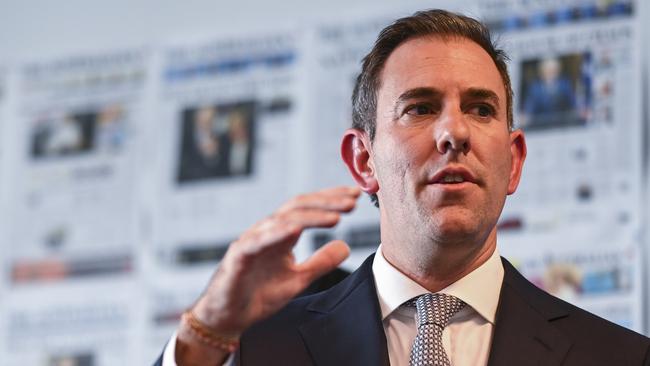
On Thursday, Treasurer Jim Chalmers said that the fund’s mandate would change. It will now be forced to make investment decisions based on Labor’s “national priorities” of renewable energy (to achieve Net Zero), low-income housing and improving infrastructure.
It means that the fund will no longer choose investments based on the best possible return to taxpayers, but on what’s in the Albanese government’s best electoral interest — with hardly a whimper expected of the new Chair, former ACTU boss and Labor minister Greg Combet.
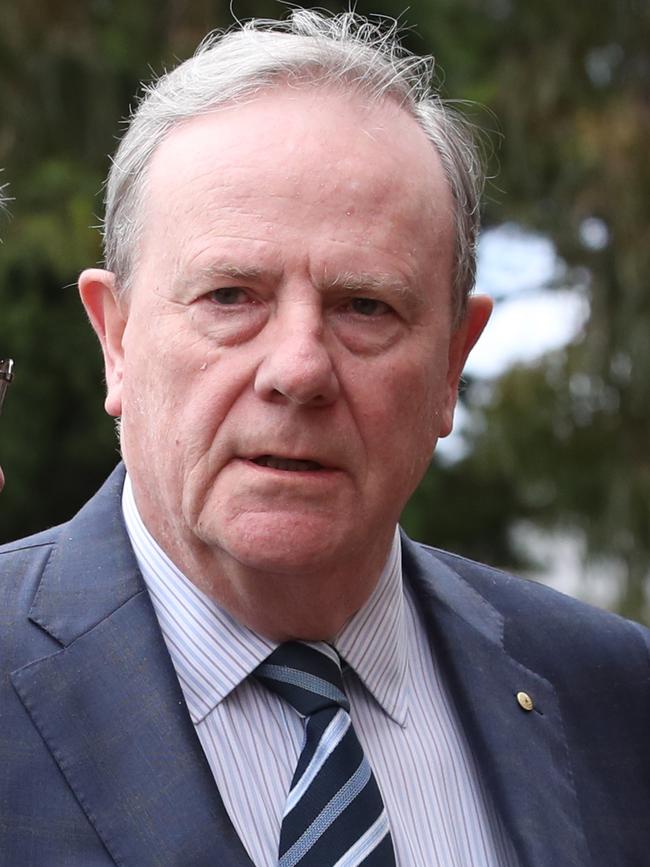
No one should underestimate the gravity of the government using our national savings for investments in its own political priorities. Effectively, it’s stealing from the taxpayers of the future by saying that returns to them are not as important as the political needs of government now.
By forcing the fund to make sub-optimal investments, a move Costello called turning it into a “political slush fund”, the government is increasing the likelihood that future governments will have to hit up taxpayers to meet its pension obligations, meaning less money for schools, hospitals, defence, and social services.
As Costello said: “You only change things to make them different. You don’t change them to keep them the same.”
Why should the Future Fund be forced to invest in dodgy renewable power schemes that only make a profit because of forced consumer subsidies? Or forced to invest in build-to-rent projects, because this government wants to turn a nation of homeowners into a nation of renters and kill off the Australian dream to own a home of our own? Or forced to invest in infrastructure that’s not otherwise profitable? Especially as the government already has funds for these purposes, such as the Clean Energy Finance Corporation that, as Costello points out: “Have not done very well.”
This is just the latest ideologically-driven blundering from a government that’s completely clueless on the economy.
There’s the productivity-destroying workplace changes to crack down on outsourcing and casual work; the power subsidies to part-compensate people for the skyrocketing electricity prices that Labor’s own green policies are forcing on households; the taxpayer-funded wage increases for people privately employed in childcare and aged care; the ongoing energy insanity of supporting nuclear power at sea while demonising that very same power source on land; the deliberate sabotage of the coal and gas industries that are two of our three biggest export earners and prop up our federal and state budgets; plus the utter folly of simply writing off 20 per cent of HECS debts in a gift to the well-paid graduates of the future from the low-paid workers of today.
And now this.
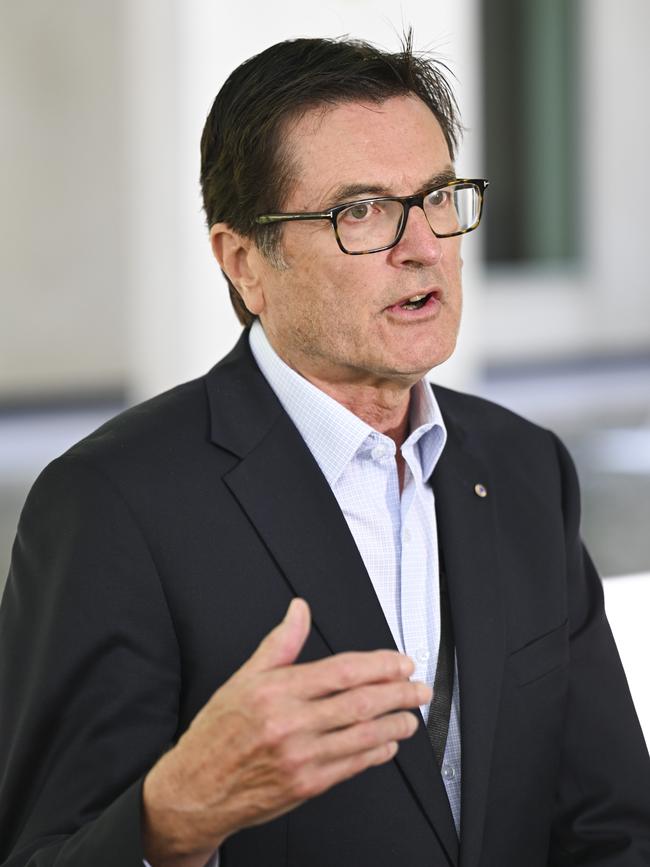
But it’s not the first time that the Albanese government has tried to bully fund managers into doing the government’s bidding with our money.
Last year, a Treasury paper on the objectives of compulsory superannuation said that there should be, quote, “alignment between the financial interests of (super fund) members and national economic priorities”. This hasn’t yet happened, thanks to resistance from the retail and industry funds controlling some $2 trillion in Australians’ savings. But having failed to confiscate our personal wealth by redirecting its investment, the government is now targeting the nearly $230bn sitting in the Future Fund.
If the money that we are forced to put into superannuation has to be invested in the government’s so-called national economic priorities, then it’s not really our money, is it?
And if the money that Peter Costello put into a “locked box” has to be spent on the government’s so-called national economic priorities, aka Labor’s election priorities, then it’s no longer a locked box and it’s no longer being invested properly to meet future obligations, like pensions for our veterans.
If something really is a good investment, the Future Fund need not be forced to make it. If it’s a poor investment, under no circumstances should the Future Fund be forced to waste our money on it.
Until now, the Future Fund has done its job without political inference, making Australia hundreds of billions of dollars through carefully judged investments.
Now a government that could win a gold medal for waste wants to up-end the rules and use this money to buy votes at the next election.
As Peter Costello often used to say: “You can’t trust Labor with money” – and almost nothing vindicates that judgment more than this vandalism of his great legacy to our nation.
Watch Peta on Credlin on Sky News, weeknights at 6pm
More Coverage
Originally published as Peta Credlin: Albanese government to force Future Fund to invest in Labor’s ‘national priorities’





